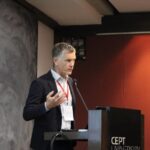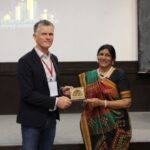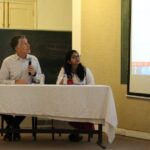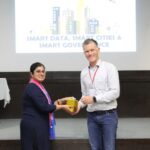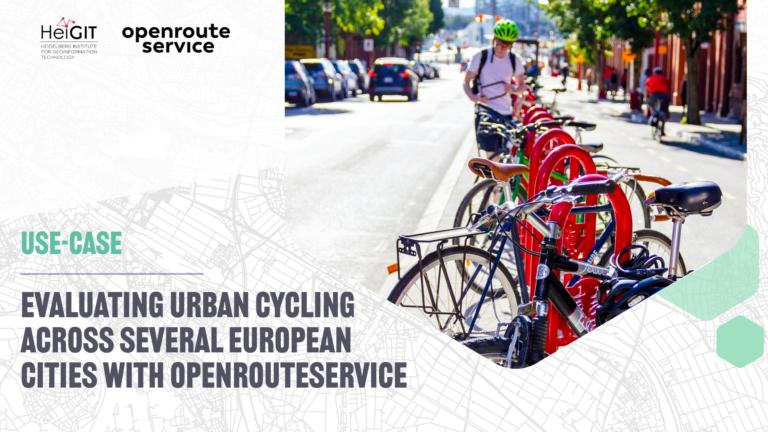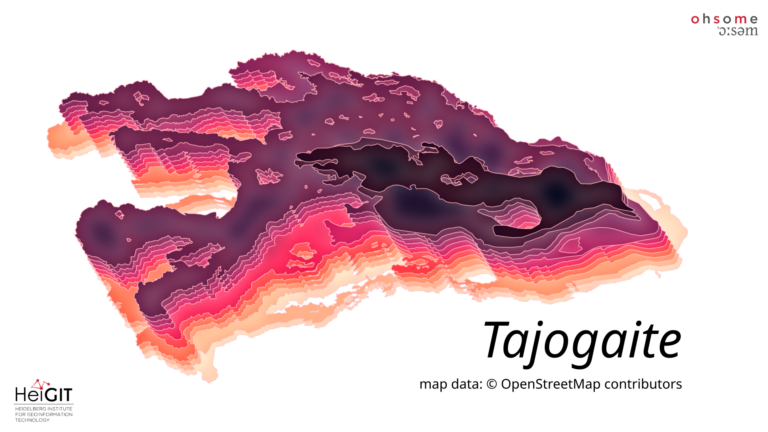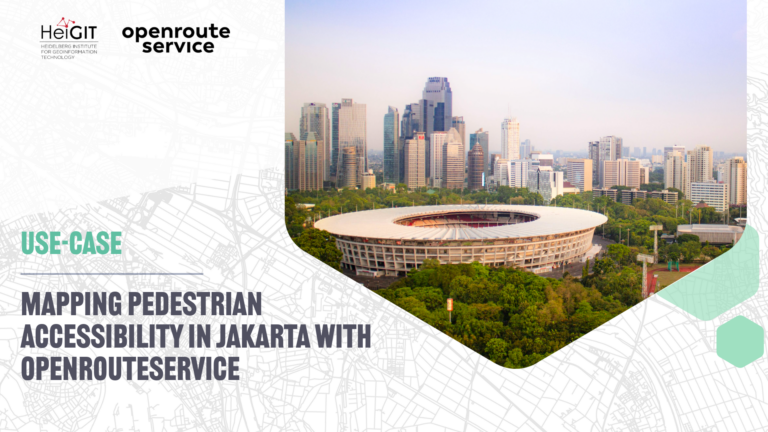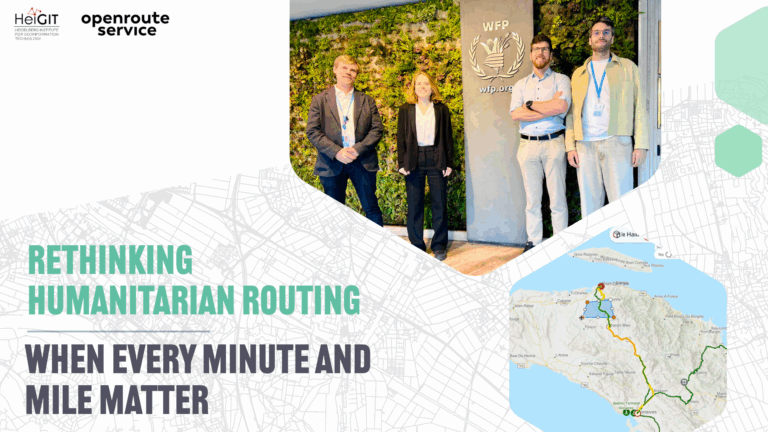Already in October 2019 Prof. Zipf was invited to give a keynote on “User Generated Geoinformation for Smart Cities” at the “Smart Cities, Smart Data, Smart Governance” ISPRS Conference at CEPT University in Ahmedabad (known for the Gandhi-Ashram), where he also participated as speaker in the inaugural session and acted as session chair for a session on Machine Learning for Spatial Analytics. Finally he was contributing as member in the final panel discussion on how smart data can lead to smart cities for smart citizens.
GIScience Heidelberg and HeiGIT develop a range of methods and software that can be used in smart city applications. Examples range from healthy and pleasant routing (motivated by the relevance of urban green spaces for mental health), wheelchair routing, route emission calculation, fleed scheduling, citizen engagement for sustainable living (Klimaschutzkarte.de), social media analytics and disaster management, to machine learning with heterogeneous spatial data sets.
For all those applications of user generated geoinformation, the assessment and improvement of the fitness for purpose and quality of the data is of high importance. This motivates the development of related methods and the ohsome framework.
Some impressions:

